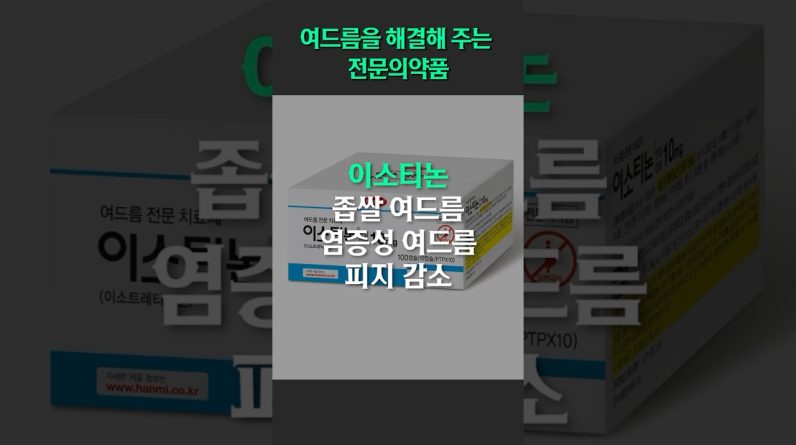#baijusvlogs #drshimji #acidityproblem
Hyperacidity, also known as gastritis or acid reflux, is the inflammation of the stomach’s lining that is usually caused by bacterial infection or other lifestyle habits like alcohol consumption. Mayo Clinic explains that gastritis may occur suddenly (acute) or appear slowly over time (chronic) and in some severe cases lead to serious digestive illnesses like ulcers and even stomach cancer.
Symptoms
You usually feel a burning sensation within your breastbone area (heartburn), accompanied by a bitter taste in your mouth if you are suffering from gastritis. This sensation usually worsens whenever you bend over or whenever you are lying down. Eating a lot and not chewing your food properly can also affect the way your stomach digests your food. Other common symptoms include feeling an uncomfortable fullness in the upper abdomen after eating, nausea, and vomiting.
Who are at risk
Both children and adults can suffer from some form of acidity at least once in their lifetimes. People who consume too much coffee, alcoholic drinks, and carbonated beverages on a daily basis are at risk of developing hyperacidity more often than usual. Eating spicy and oily foods all the time can also harm your stomach lining and result in gastritis. Certain pain medications like ibuprofen and aspirin can also increase your risk.
Stop your bad habits
Smoking, alcohol consumption, and high levels of stress/anxiety may trigger hyperacidity. If you regularly drink coffee, make sure you don’t consume it on an empty stomach. Those who like to habitually combine smoking with drinking alcohol/coffee may also develop hyperacidity.
Hypochlorhydria is a deficiency of hydrochloric acid in the stomach. Stomach secretions are made up of hydrochloric acid, several enzymes, and a mucus coating that protects the lining of your stomach.
Hydrochloric acid helps your body to break down, digest, and absorb nutrients such as protein. It also eliminates bacteria and viruses in the stomach, protecting your body from infection.
Low levels of hydrochloric acid can have a profound impact on the body’s ability to properly digest and absorb nutrients. Left untreated, hypochlorhydria can cause damage to the gastrointestinal (GI) system, infections, and a number of chronic health issues.
Symptoms
Symptoms of low stomach acid are related to impaired digestion, increased susceptibility to infection, and reduced absorption of nutrients from food. Symptoms may include:
bloating
burping
upset stomach
nausea when taking vitamins and supplements
heartburn
diarrhea
gas
desire to eat when not hungry
indigestion
hair loss
undigested food in stool
weak, brittle fingernails
fatigue
GI infections
iron deficiency anemia
deficiencies of other minerals, such as vitamin B-12, calcium, and magnesium
protein deficiency
neurological issues, such as numbness, tingling, and vision changes
A number of chronic health conditions have been associated with low levels of stomach acid. These include conditions such as:
lupus
allergies
asthma
thyroid issues
acne
psoriasis
eczema
gastritis
chronic autoimmune disorders
osteoporosis
pernicious anemia
Causes
Some of the most common causes for low stomach acid include:
Age. Hypochlorhydria is much more common as you get older. People over the age of 65 years are most likely to have low levels of hydrochloric acid.
Stress. Chronic stress may decrease production of stomach acid.
Vitamin deficiency. Deficiency of zinc or B vitamins may also lead to low stomach acid. These deficiencies may be caused by inadequate dietary intake or by nutrient loss from stress, smoking, or alcohol consumption.
Medications. Taking antacids or medications prescribed to treat ulcers and acid reflux, such as PPIs, for a long period of time may also lead to hypochlorhydria. If you take these medications and are concerned that you have symptoms of low stomach acid, speak with your doctor before making changes to your medications.
H. Pylori. Infection with H. Pylori is a common cause of gastric ulcers. If left untreated, it can result in decreased stomach acid.
Surgery. Surgeries of the stomach, such as gastric bypass surgery, can reduce production of stomach acid.
Risk factors
Risk factors for hypochlorhydria include:
being over 65 years of age
high levels of stress
ongoing use of a medication that reduces stomach acid
vitamin deficiency
having an infection caused by H. pylori
having a history of stomach surgery
source








